State of Colorado Short-Term Rental Regulations
Short-term rental regulations vary depending on the location and may include zoning laws, occupancy and safety standards, taxation, licensing, and insurance requirements review our guides for more information specific to your city.
Reviewed by Derick Hargrave
Last updated September 10, 2023
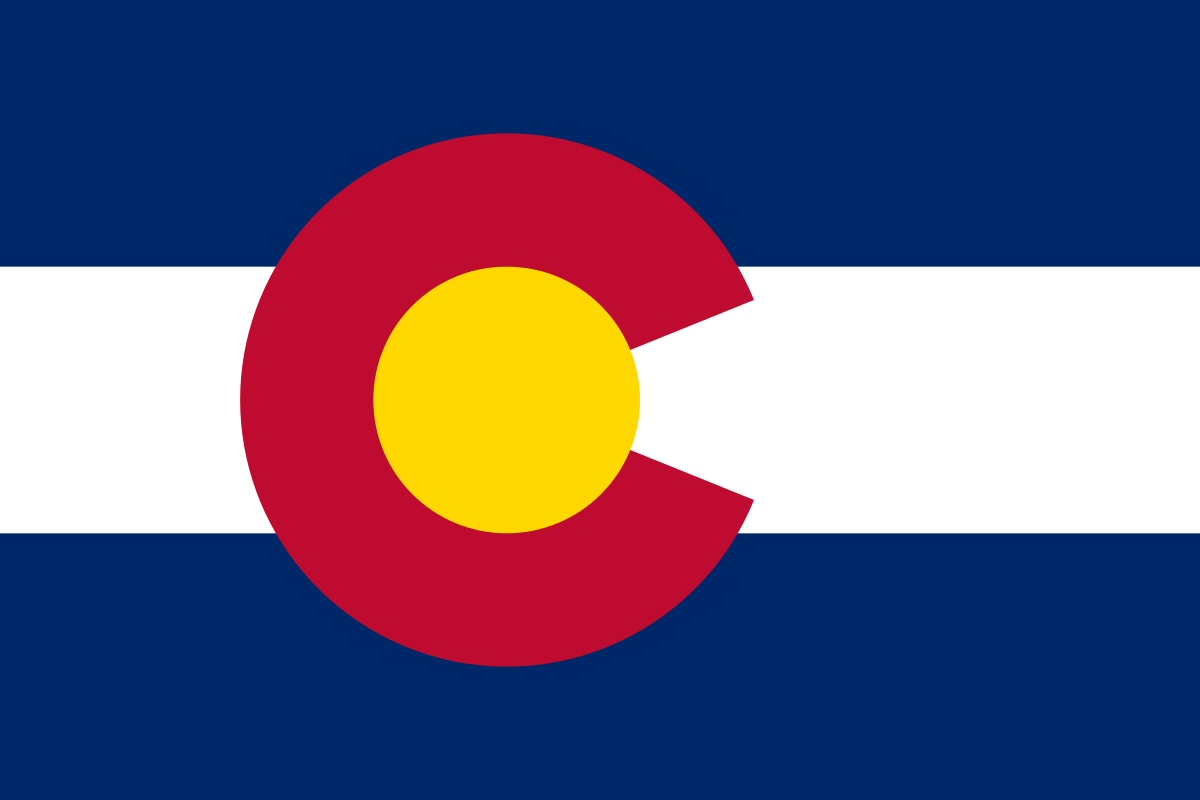
Overview of Colorado Short-Term Rental Regulations
Information is maintained by the community to provide helpful insights and links to local regulations, HostScouts does not provide legal or investment advice.
Looking to tap into Colorado's booming tourism industry by renting your property to short-term guests? With its rugged natural beauty and wealth of outdoor attractions, the Centennial State draws visitors year-round. But before listing your Colorado home or apartment on Airbnb and other rental sites, it's key to understand the patchwork of local and state laws governing short-term lodging.
Defining Short-term Rentals in Colorado
This section will examine factors distinguishing short-term rentals from other rental types in Colorado.
What is Considered a Short-term Rental
Colorado defines short-term rentals (STRs) as residential properties rented out for periods of less than 30 consecutive days. This covers typical vacation rentals arranged through VRBO, HomeAway, and Airbnb hosting platforms. STRs may range from entire luxury homes to single rooms.
Short-term rentals differ from long-term leases of 3 months or longer. They also contrast with home-sharing arrangements where the owner resides on-site during the rental.
Local short-term rental rules can vary across different cities and counties in Colorado. Be sure to verify regulations specific to the area where your rental property is located.
Rental Period Length
To qualify as a short-term rental, the maximum stay duration is less than 30 continuous days in Colorado. However, some popular tourist areas impose stricter limits.
For example, Aspen caps rental periods at 7 consecutive days. Denver prohibits renting a primary residence for more than 180 total days per calendar year. Review precise rental length constraints for your local jurisdiction.
Types of Rentals
Short-term rental regulations in Colorado typically apply to:
- Apartments
- Condos
- Townhouses
- Single-family homes
- Cabins
Rules often differ for primary residences versus dedicated vacation rentals with non-resident owners. Requirements also vary for hosted versus unhosted entire home rentals in some areas.
Geographic Oversight
Short-term rental oversight in Colorado happens at multiple levels:
- State laws - Address lodging tax collection
- Counties - Some rural counties have STR ordinances
- Cities - Popular destinations like Denver enact local rules
- HOAs - Can prohibit STRs through covenants
Be sure to check regulations at the state, county, city, and HOA levels when considering a short-term rental.
Starting a Short-term Rental Business in Colorado
This section covers key steps hosts must take to legally operate short-term rentals in Colorado.
Registration
Many Colorado cities and counties require short-term rental operators to register their property before hosting guests. This includes Denver, Breckenridge, Fort Collins, and Steamboat Springs. Typical registration requirements include:
- Submitting an application and fee
- Providing emergency contact information
- Attesting that housing codes and safety standards are met
- Renewing registration annually
Licensing
Some parts of Colorado mandate short-term rental business licenses. For example, Aspen issues annual licenses that must be displayed when advertising rentals online. Durango also requires hosts to obtain a business license before renting to visitors.
Application Process
Typical items needed for a short-term rental application include:
- Address of rental property
- Type and size of the unit
- Maximum guest occupancy
- Proof of ownership or landlord approval
- Contact info for a responsible party
- Proposed rental periods and platforms
Allow ample time for license and registration approval before your first booking.
Getting Started Tips
Here are a few tips for smoothly launching a short-term rental business in Colorado:
- Research all local rules and restrictions thoroughly
- Inform neighbors and consider their input
- Collect and remit state and local lodging taxes
- Comply with zoning, health, safety, and inspection requirements
- Purchase proper short-term rental insurance
Taking these steps upfront will help set up your rental for success.
Housing Rules and Requirements
This section outlines key safety, occupancy, and insurance regulations for short-term rentals in Colorado.
Occupancy Limits
Most Colorado jurisdictions impose maximum guest occupancy limits based on factors like:
- Number of bedrooms
- Number of beds
- Size of the rental unit
- Availability of off-street parking
For example, Durango restricts occupancy to 2 people per bedroom, up to 8 total. Exceeding authorized occupancy can result in fines or suspension of rental permits.
Fire Safety
Short-term rentals in Colorado must meet statewide and local fire and life safety codes. Standard requirements include:
- Smoke alarms in all bedrooms and common areas
- Carbon monoxide detectors if gas appliances are present
- Functional fire extinguisher(s)
- Visible address numbers for emergency response
Regular fire safety inspections help identify and address any issues before they become major hazards.
Inspections
Many Colorado cities require passing a short-term rental housing inspection covering items like:
- Electrical, plumbing, and mechanical systems
- Heating and egress standards
- Smoke and CO detectors
- Absence of safety hazards
- Compliance with occupancy limits
Scheduling the inspection early on allows time to make any necessary repairs or upgrades beforehand.
Insurance
Standard homeowner's insurance policies typically exclude commercial activity like short-term rentals. As a host, you need proper coverage in case guests are injured on your property or accidents/damage occurs. Options for insuring your Colorado STR include:
- Homesharing insurance endorsement - Add this to your existing homeowner's policy to cover STR risks. Usually, it costs $100-300 annually. Provides liability and property damage protection.
- Landlord or rental dwelling policy - Standalone policy designed for rental properties. It is more expensive but provides broad coverage. Cost depends on factors like location and claim history.
- Umbrella or business liability policy - Extra liability coverage beyond home and auto policies. Provides additional protection in case of lawsuits. Approx. $150-$500 per year, depending on amount of coverage.
- Third-party insurance - Some rental platforms like Airbnb offer liability insurance for hosts. Covers up to $1 million in damages but has exclusions.
When reviewing policies, important coverages to look for include:
- Property damage from theft, vandalism, accidents.
- Liability protection if guests are injured.
- Loss of rental income.
- No exclusions for short-term rentals.
Properly insuring your Colorado STR helps protect your investment in case the unexpected occurs. Don't assume your existing homeowner's policy includes rental activity - ask your agent to review coverage specifically for short-term rentals.
Short-term Rental Taxes in Colorado
This section examines key taxes impacting short-term rental hosts in Colorado.
State Taxes
At the state level, Colorado imposes a 2.9% tax on short-term room rentals under 30 days. This statewide "lodging tax" applies to the full rental price, including any cleaning fees or other charges paid by guests.
The tax is remitted to the Colorado Department of Revenue. As a host, you must register with the Department to obtain a lodging tax license. This allows you to collect the 2.9% tax from guests and remit payments on a regular basis.
Local Taxes
In addition to state taxes, many Colorado cities and counties levy their own local lodging taxes on short-term rentals. For example:
- Denver lodging tax: 10.75%
- Breckenridge lodging tax: 2.5%
- Steamboat Springs lodging tax: 4%
- Telluride excise tax: 2.5%
These local taxes apply on top of the statewide 2.9% lodging tax. In some areas like Telluride, there may be an additional excise tax specifically targeted to short-term rentals.
Hosts must register with each local jurisdiction to obtain licenses/permits to collect relevant taxes on rentals.
Reporting and Remittance
As a short-term rental host, you are responsible for regularly reporting occupancy details and remitting tax payments to state and local authorities. This generally involves:
- Keeping detailed records of all bookings and taxes collected.
- Filing periodic tax returns for each jurisdiction (usually monthly or quarterly).
- Remitting tax payments owed by due dates.
Rental platforms like Airbnb may handle reporting and remittance for hosts through voluntary collection agreements. However, independent hosts must self-report accurately or risk penalties.
Consider using accounting software or tools to track tax obligations across multiple state and local jurisdictions. This helps ensure prompt and accurate filing and payment.
Penalties
Consequences for non-payment of taxes include:
- Tax assessments equal to amounts owed
- Interest charges on unpaid taxes
- Fines for late filing or payment
- Suspension or loss of rental license
- Criminal charges for tax evasion
Carefully following all rental tax rules and remittance procedures can help hosts avoid these serious penalties.
Regulatory Changes in Colorado
Colorado legislators and local governments have recently enacted new laws and regulations impacting short-term rentals.
State Legislation
The Colorado General Assembly passed House Bill 20-1093 in 2020, which authorized counties to implement ordinances for licensing and regulating short-term rentals. The law outlines requirements including:
- Establishing occupancy limits and parking requirements
- Requiring responsible parties to be reachable 24/7
- Authorizing inspections to confirm compliance
- Issuing penalties for violations
HB 20-1093 gave counties explicit authority to regulate STRs. Previously, rules varied across jurisdictions.
Tax Policy Initiatives
Attempts have been made to reclassify short-term rentals from residential properties to commercial properties for tax purposes. In 2020, a bill proposed increasing the tax rate on STRs from around 7% to 29%, generating additional revenue.
A 2021 proposal by the Colorado Legislative Oversight Committee on Tax Policy recommended assessing STRs at 29% of actual value rather than the 7.15% residential rate. However, neither bill has passed so far.
Local Ballot Initiatives
Several Colorado mountain towns have passed local ballot measures related to short-term rentals, including:
- Telluride - 2.5% excise tax on STRs to fund affordable housing (2019)
- Avon - 2% tax on STRs for community housing programs (2021)
- Crested Butte - 2.5% STR tax increase for workforce housing (2021)
These initiatives demonstrate a trend of communities taxing STRs specifically to raise money for lower-income resident housing funds.
Regulatory Limits
Some Colorado jurisdictions have moved to cap short-term rental licenses. For example:
- Telluride voters approved limiting STR licenses to the number active as of November 2021.
- The city of Denver is considering capping permits in certain neighborhoods.
Caps intend to restrict the growth of short-term rentals to balance neighborhood impacts.
Final Thoughts
With proper preparation, Colorado's spectacular scenery and outdoor offerings create an ideal backdrop for profitable short-term rental hosting. Just be sure to thoroughly research the evolving patchwork of local regulations before listing your Centennial State property.
Colorado Airbnb Regulations by City
Information is maintained by the community to provide helpful insights and links to local regulations, HostScouts does not provide legal or investment advice.
-
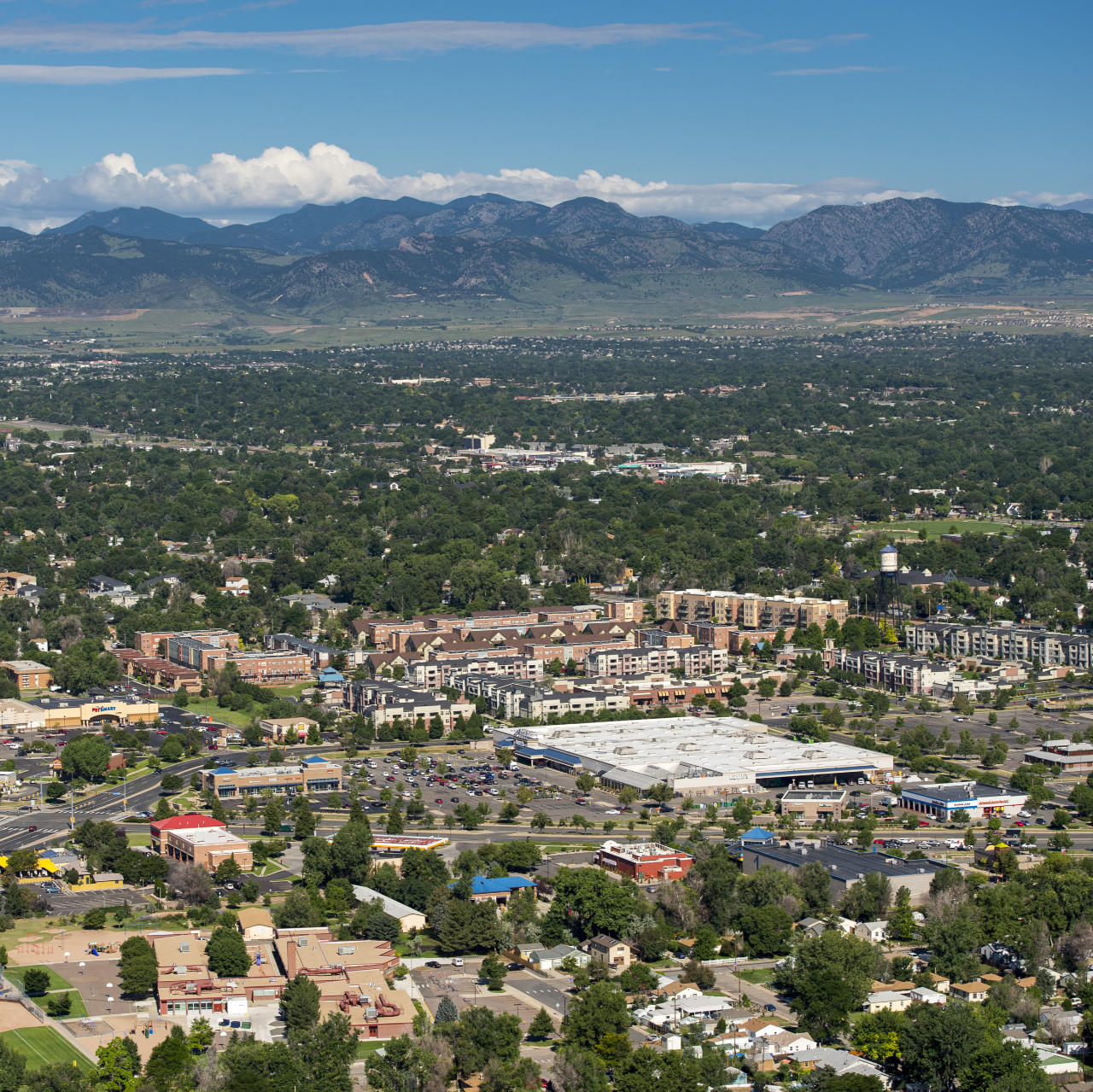
Arvada
Regulation: Restricted
4.8 -
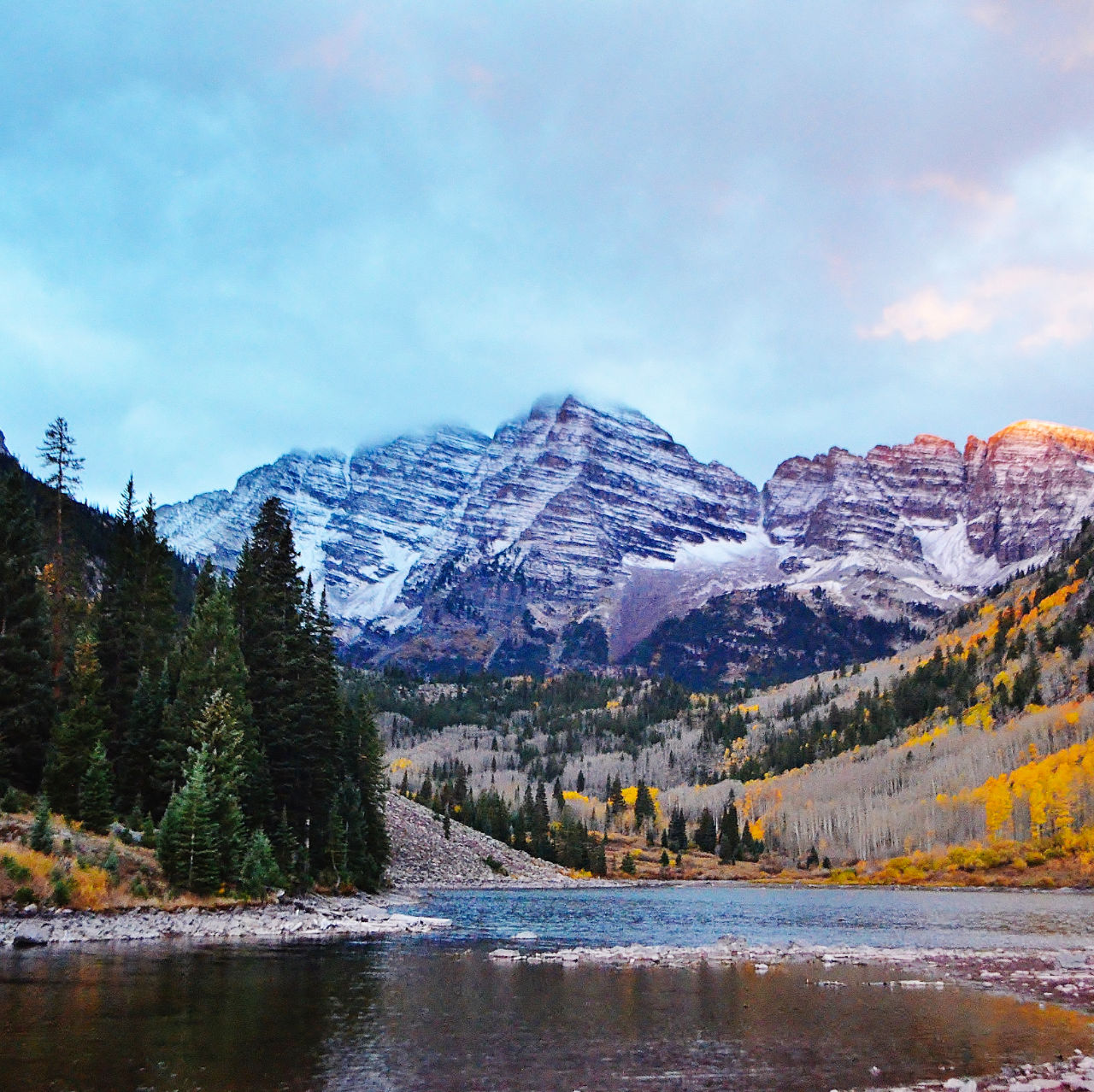
Aspen
Regulation: TBD
4.5 -

Aurora
Regulation: Restricted
4.6 -
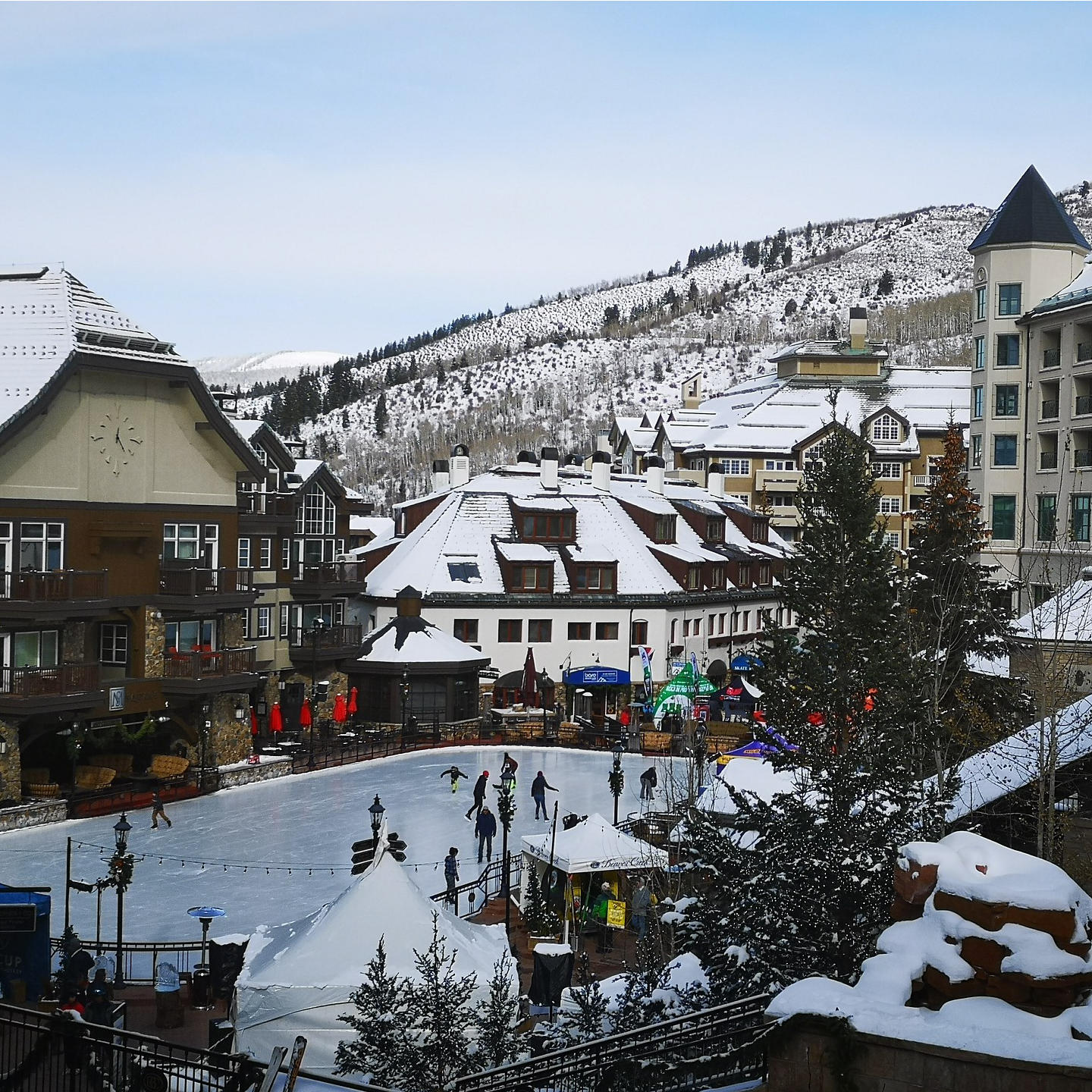
Beaver Creek
Regulation: TBD
4.3 -
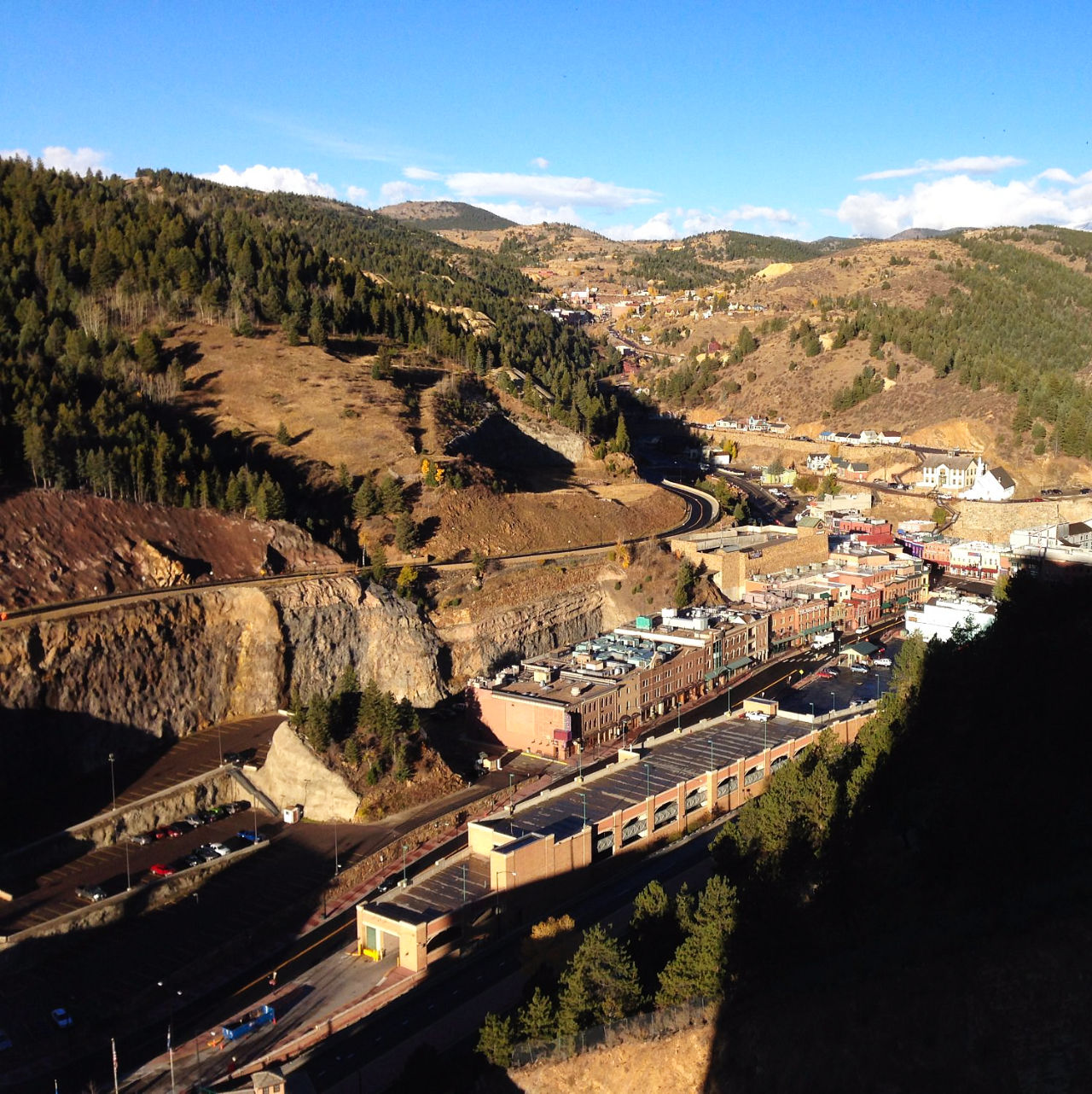
Blackhawk
Regulation: TBD
5.8 -
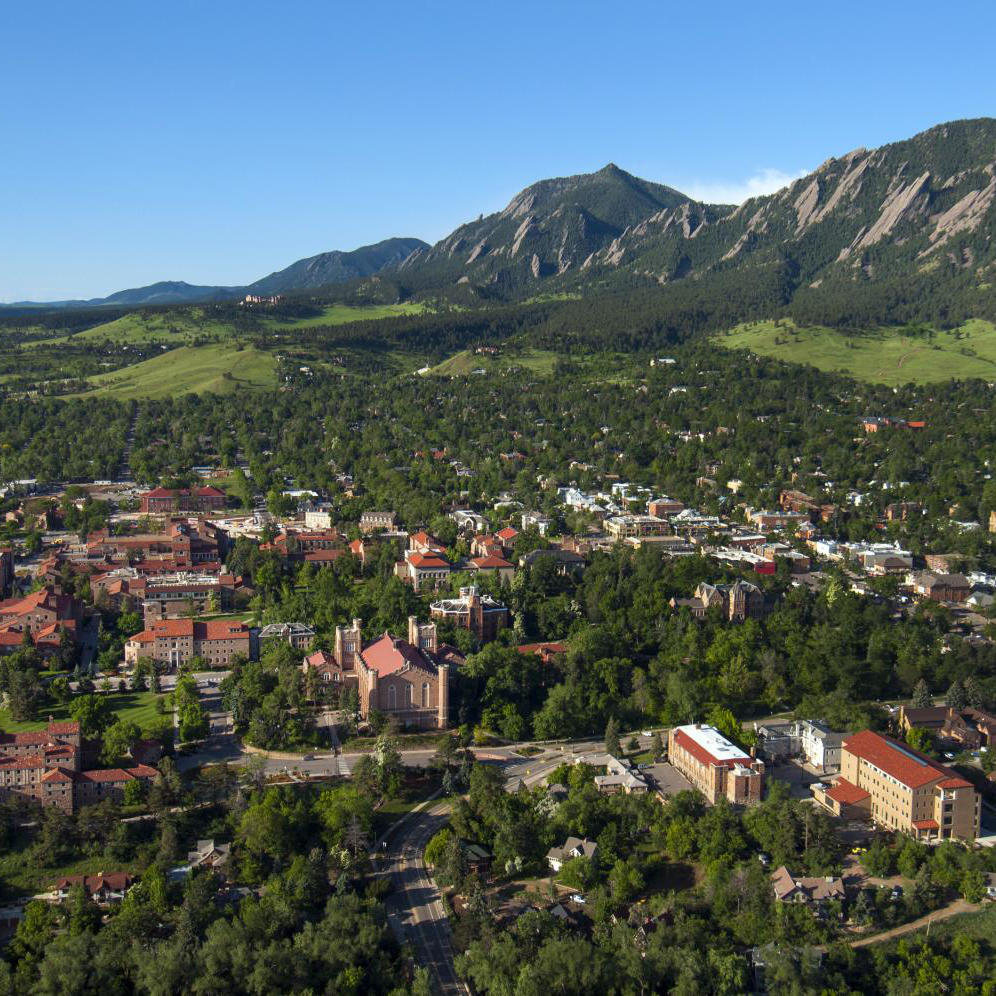
Boulder
Regulation: Allowed
6.4 -
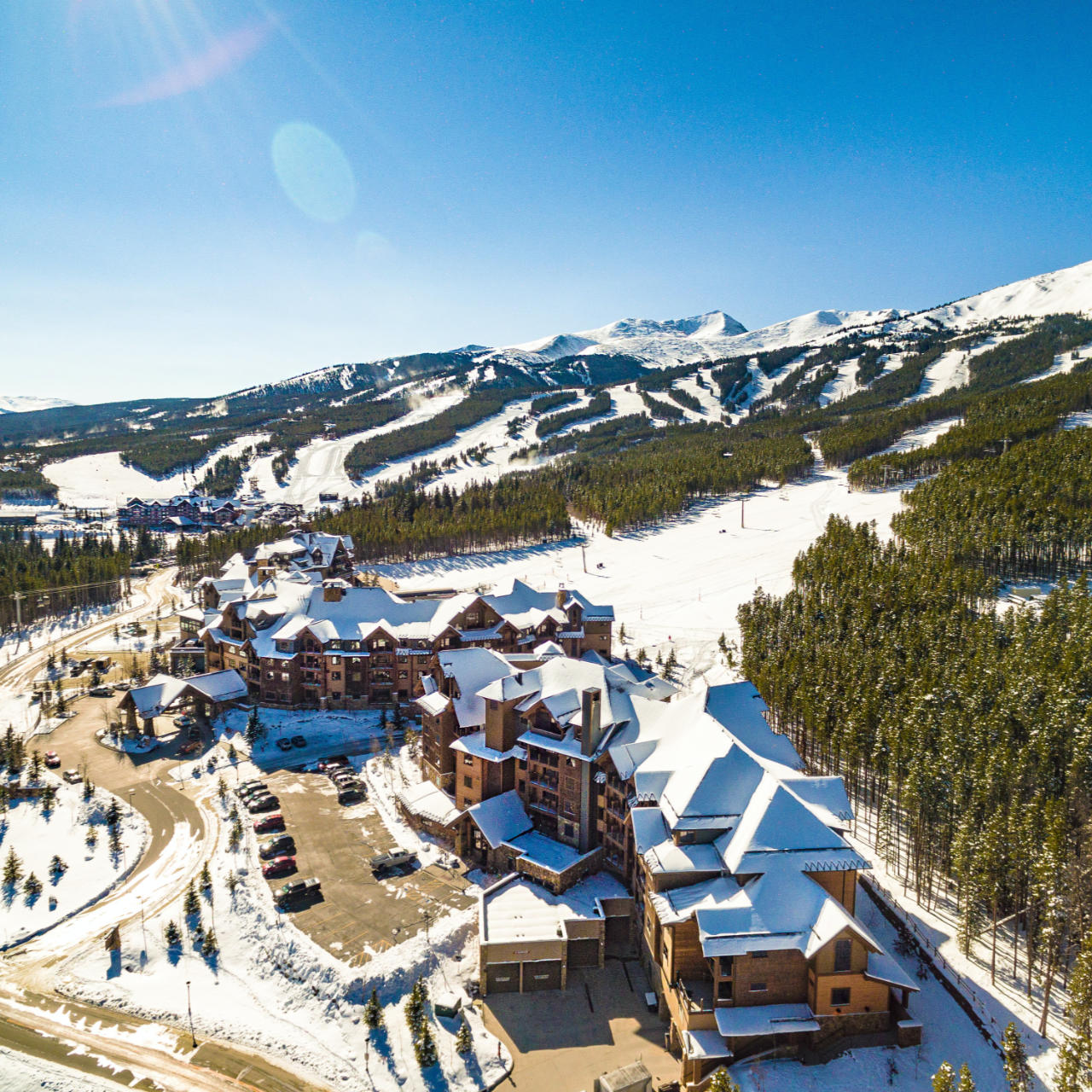
Breckenridge
Regulation: Restricted
4.2 -
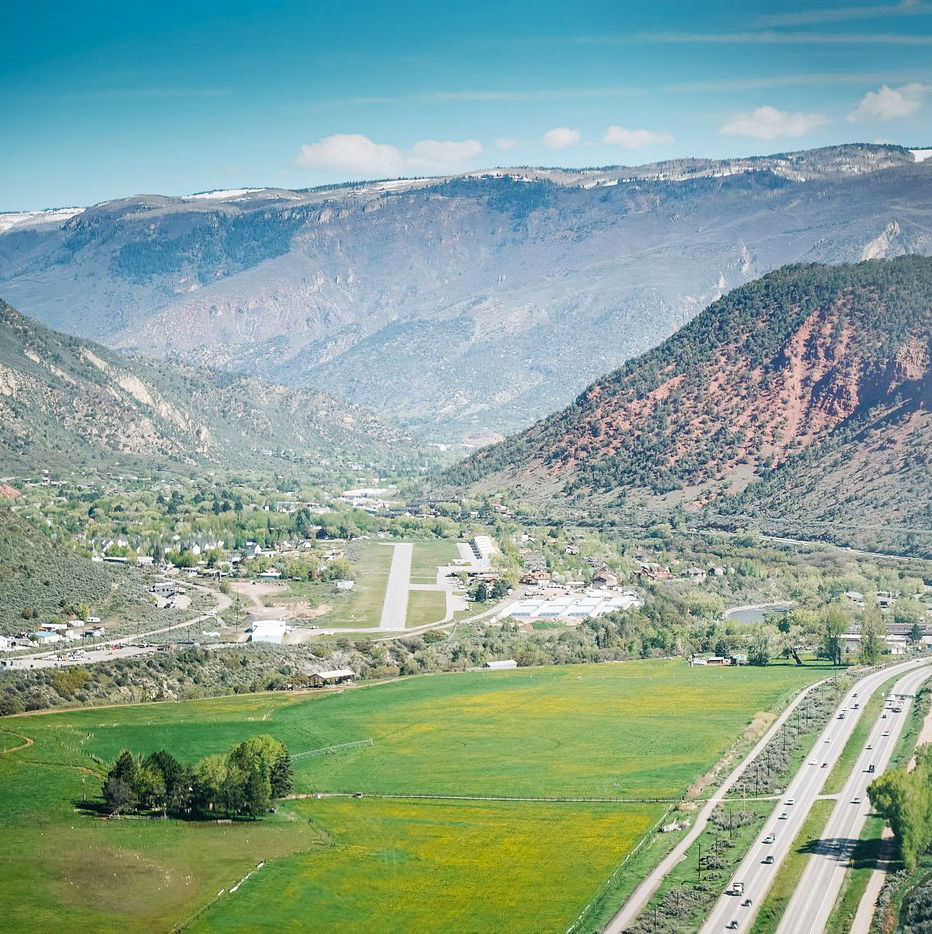
Broomfield
Regulation: TBD
5.5 -
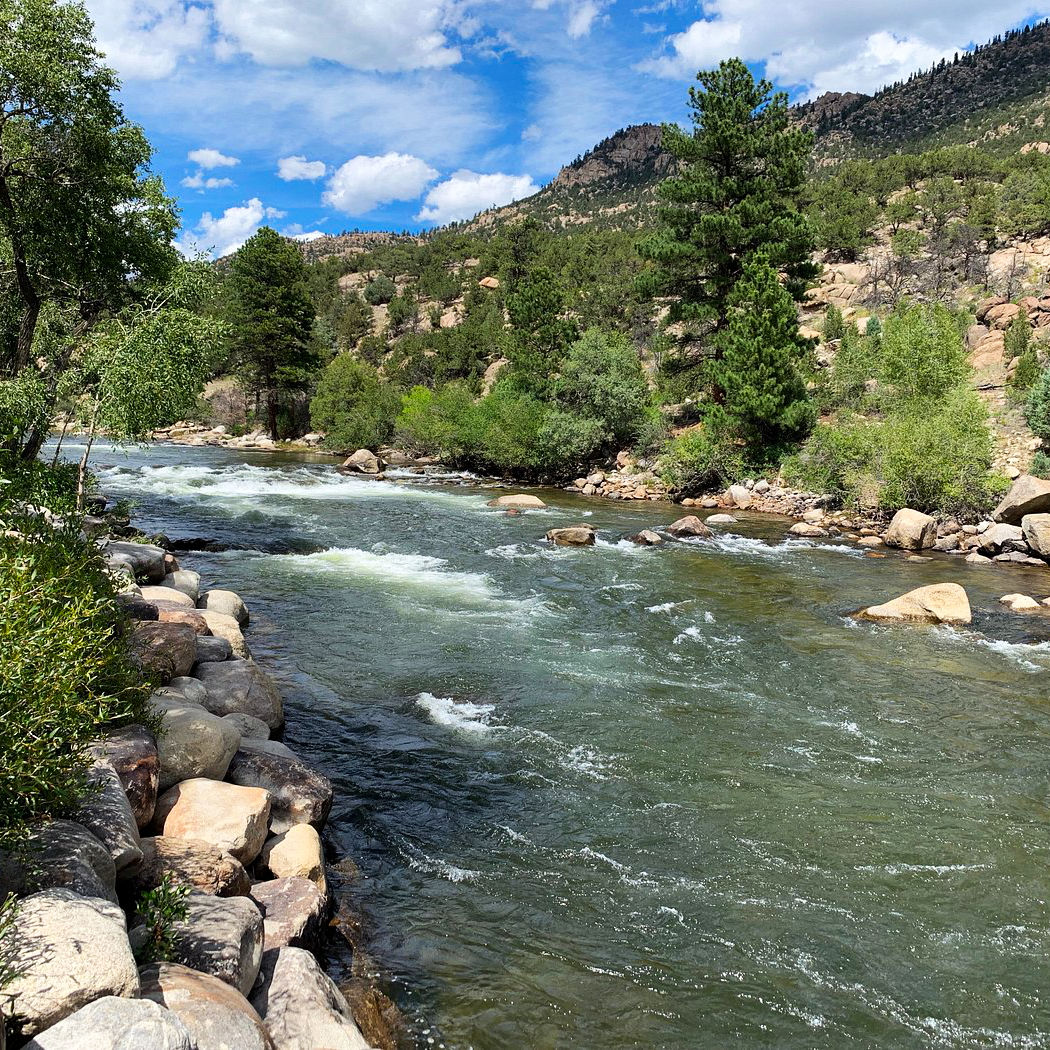
Buena Vista
Regulation: TBD
6.3 -
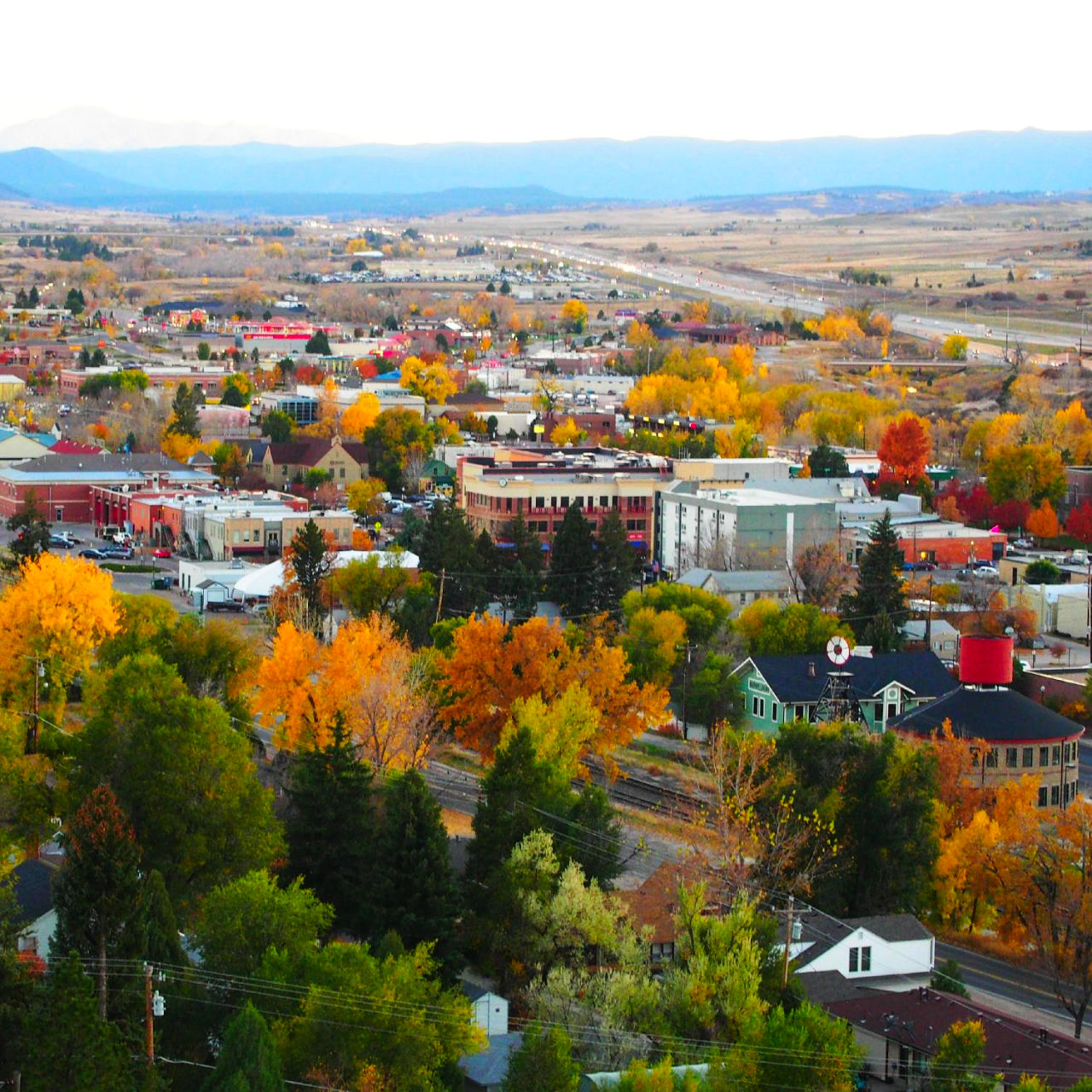
Castle Rock
Regulation: TBD
6.2 -

Centennial
Regulation: Allowed
5.8 -

Colorado Springs
Regulation: Restricted
5.3 -
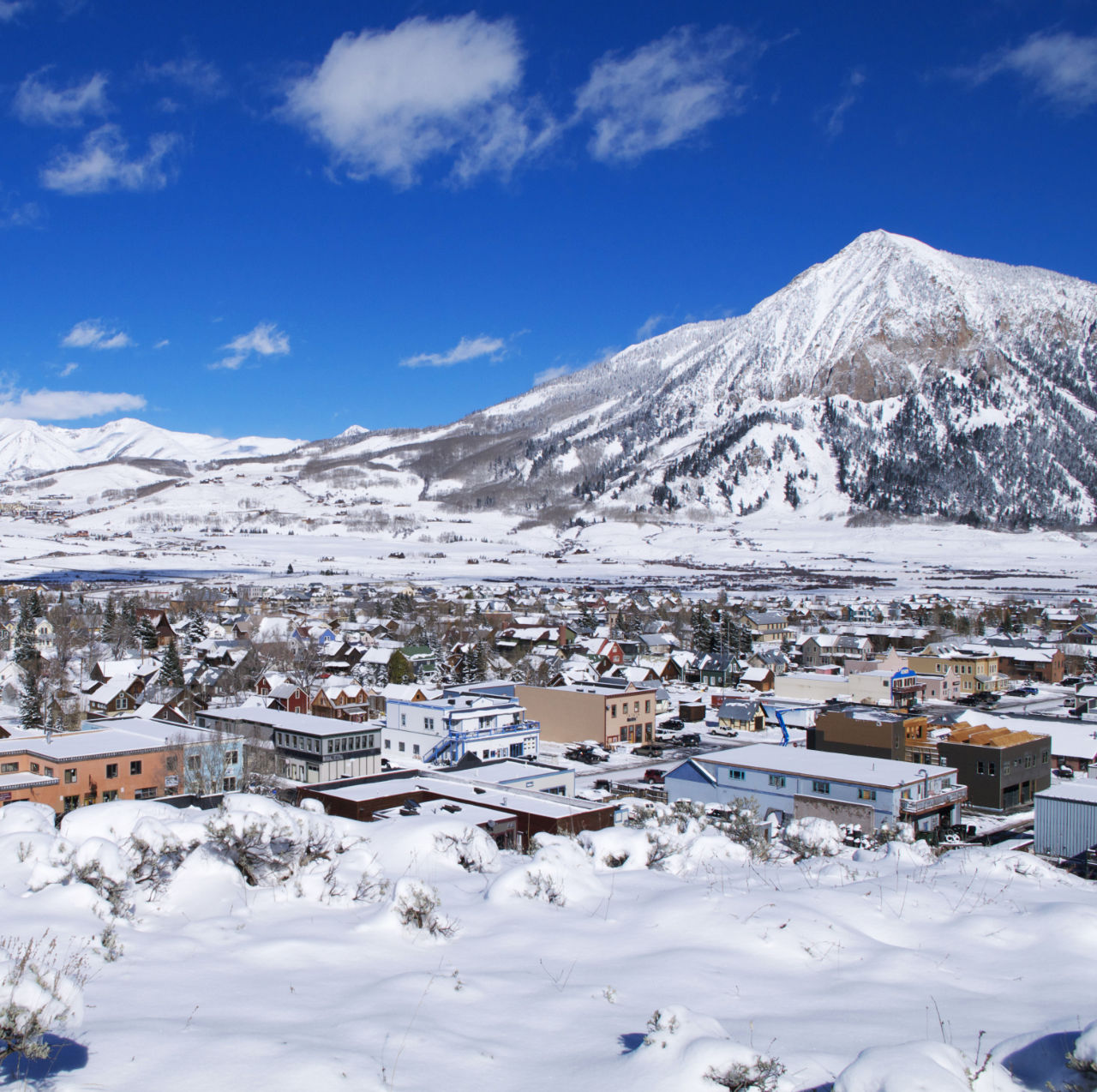
Crested Butte
Regulation: TBD
4.9 -

Denver
Regulation: Restricted
4.6 -
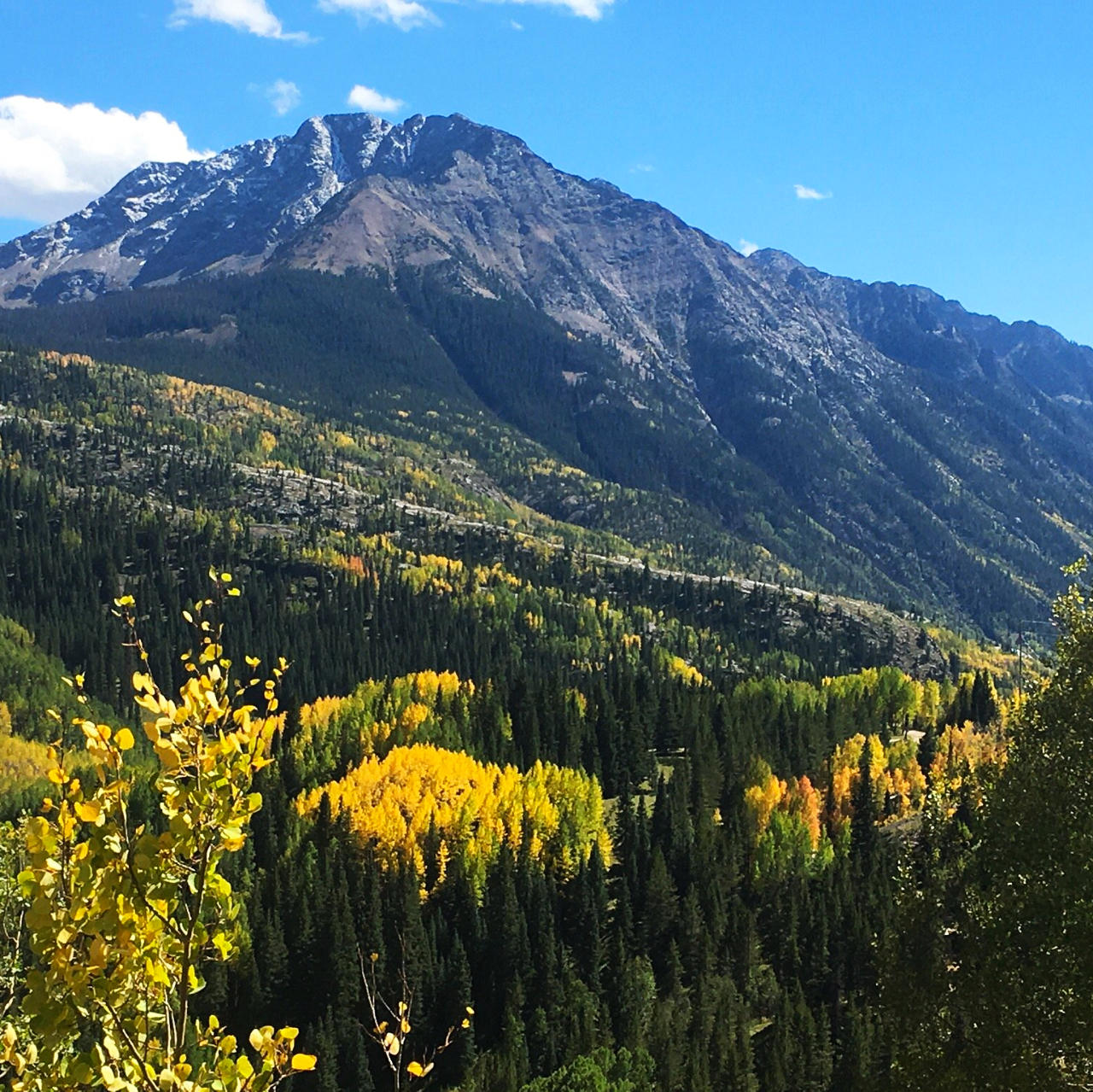
Durango
Regulation: TBD
6.2 -
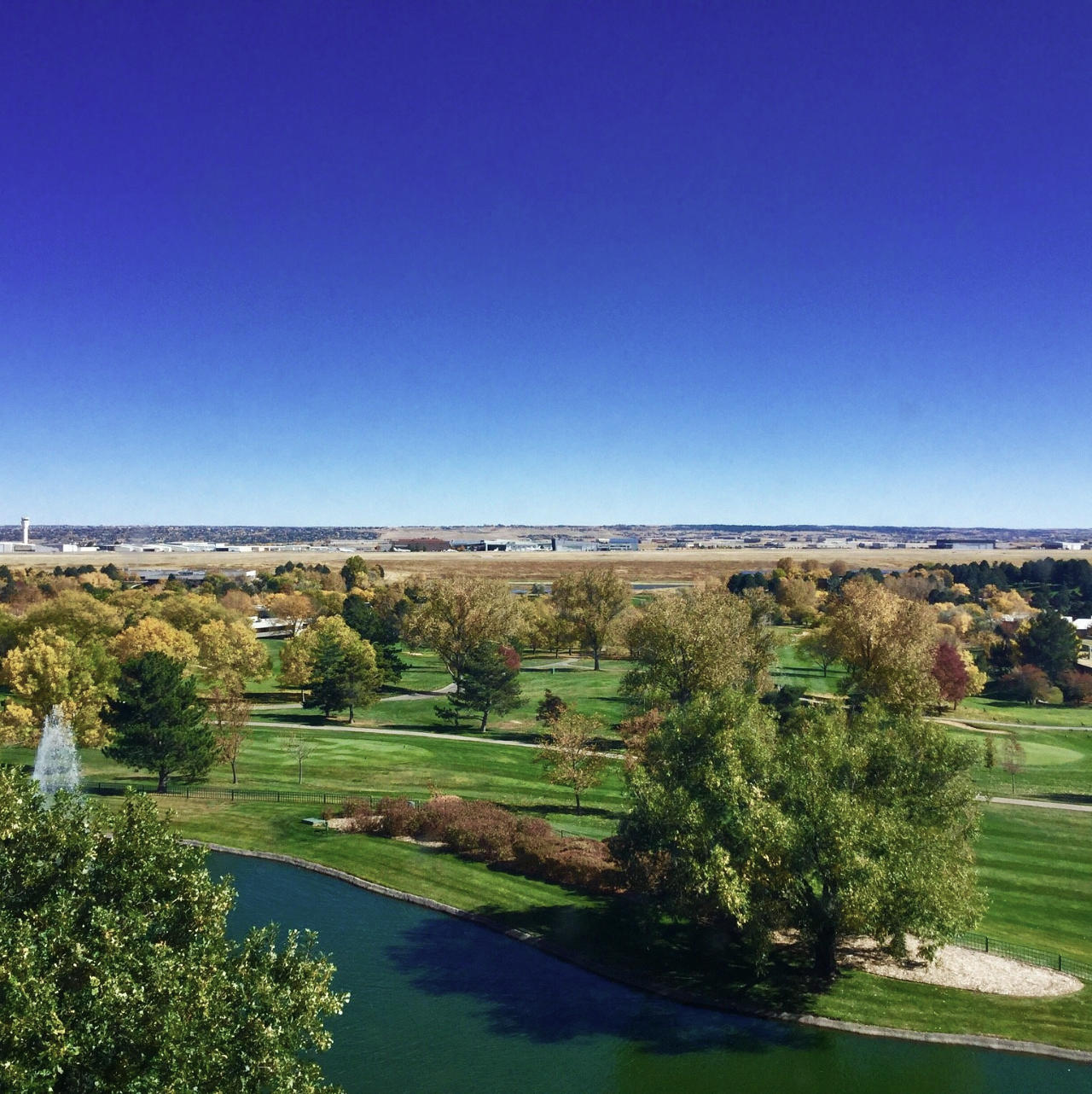
Englewood
Regulation: TBD
5.7 -
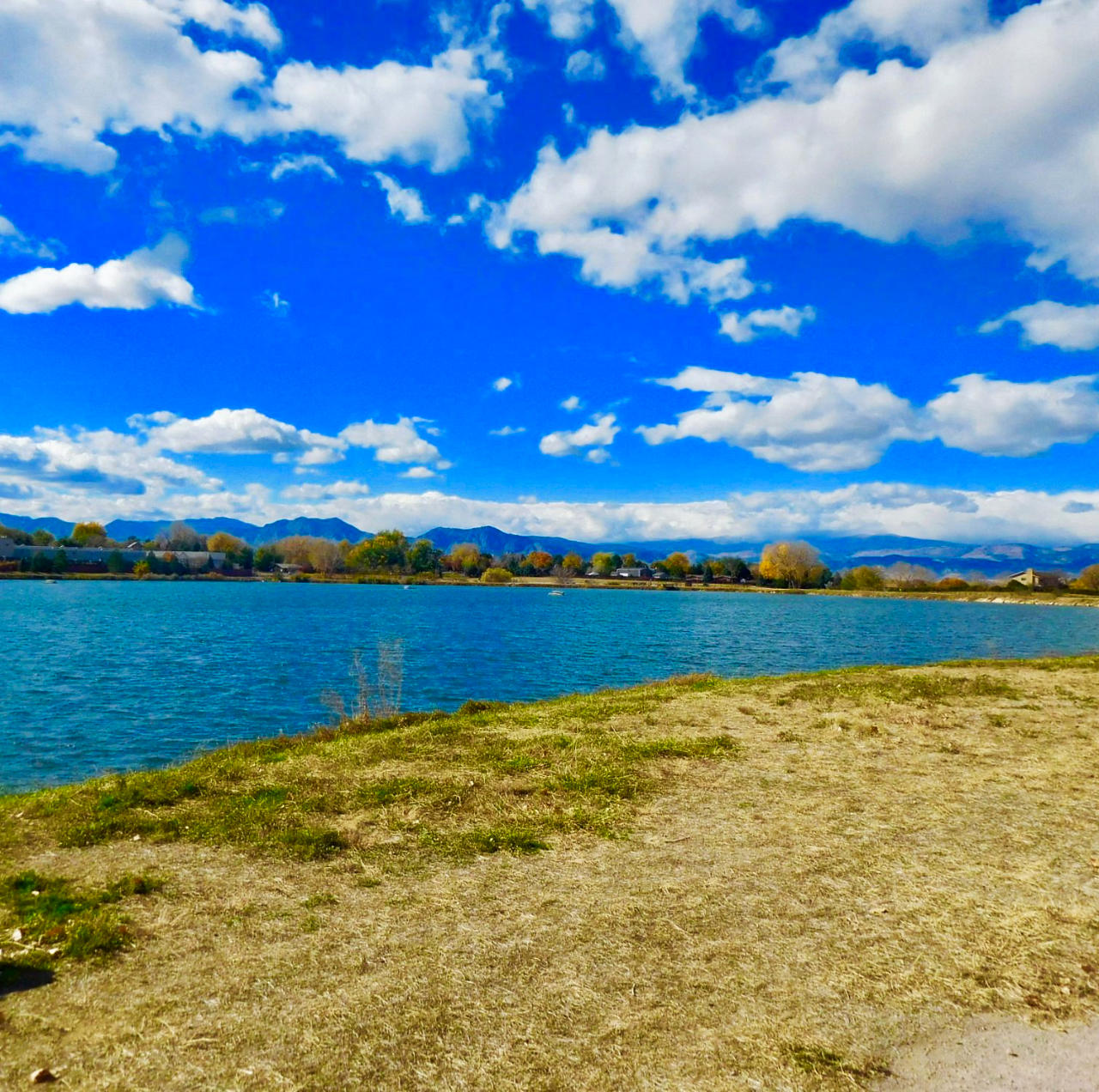
Erie
Regulation: TBD
5.4 -
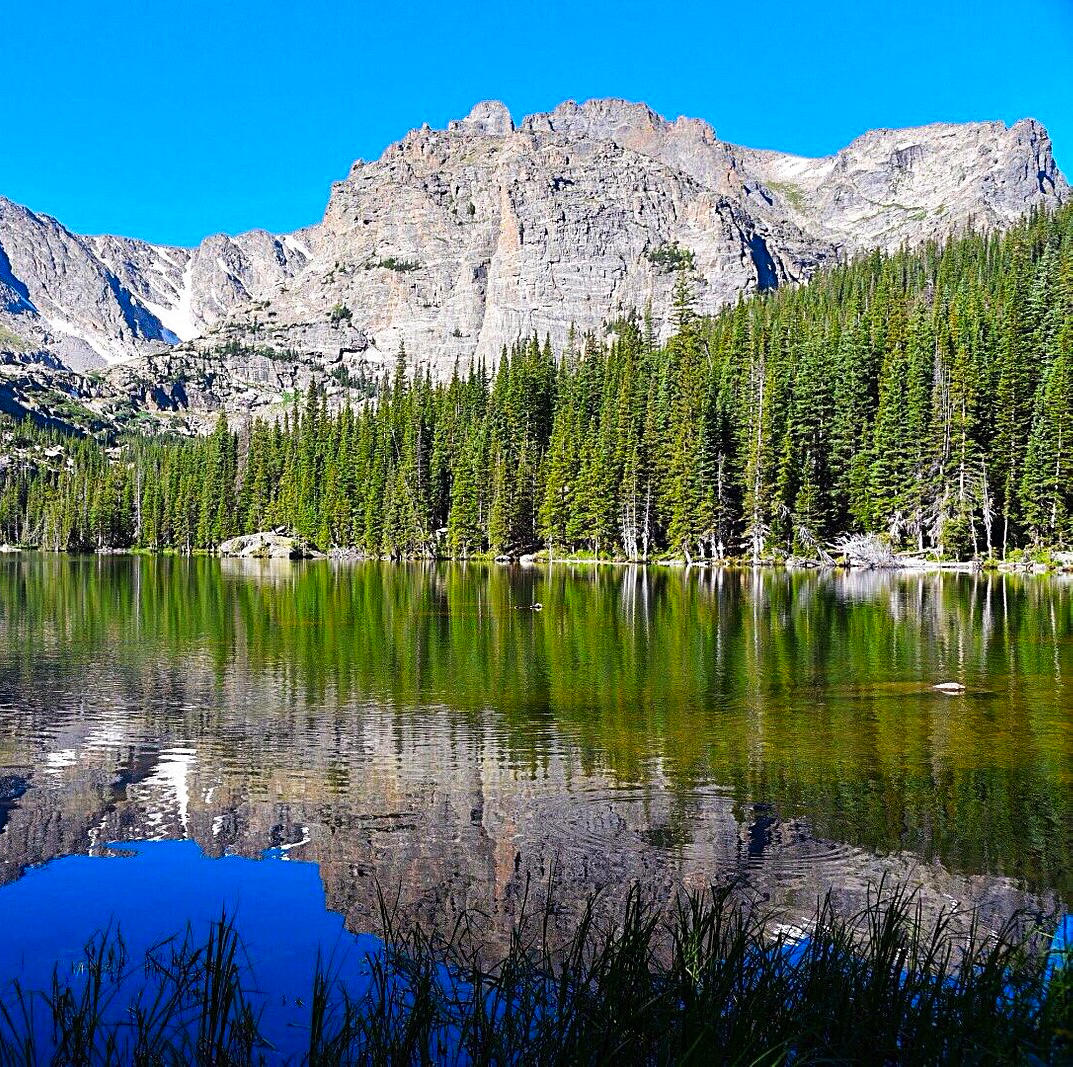
Estes Park
Regulation: TBD
5.5 -
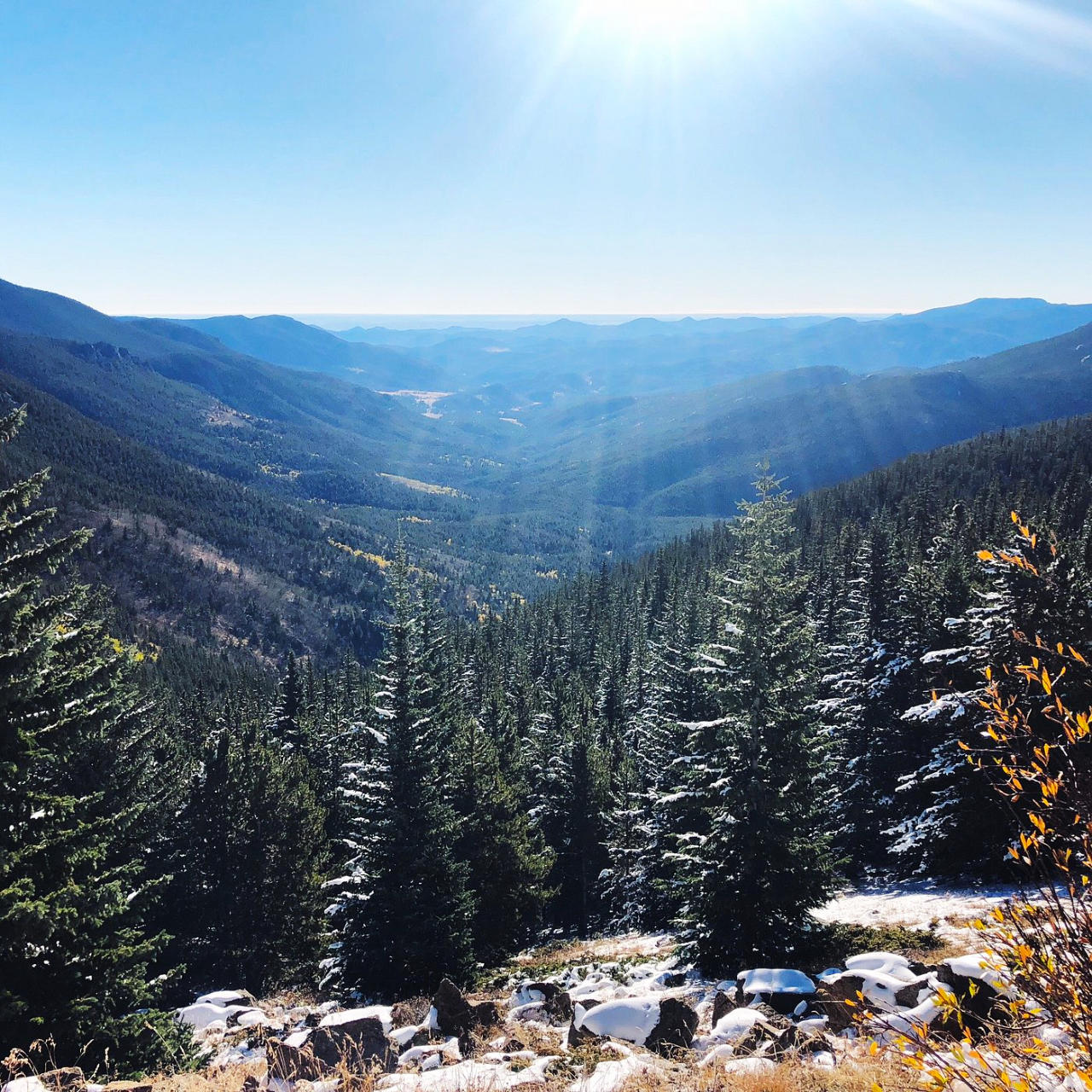
Evergreen
Regulation: TBD
6.6 -

Fort Collins
Regulation: TBD
5.9 -
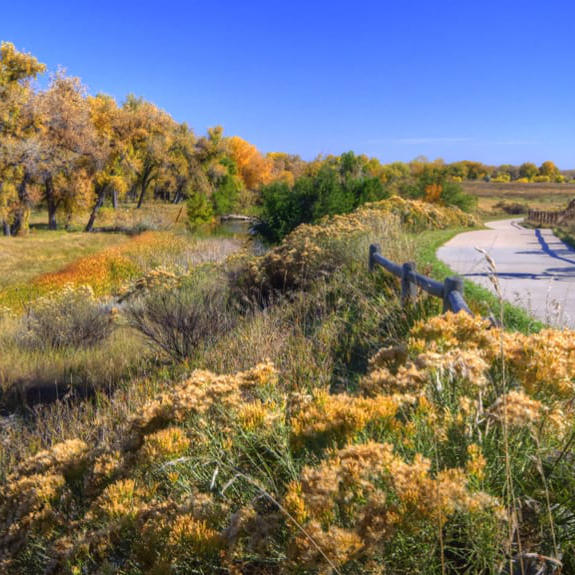
Greeley
Regulation: TBD
6.5 -
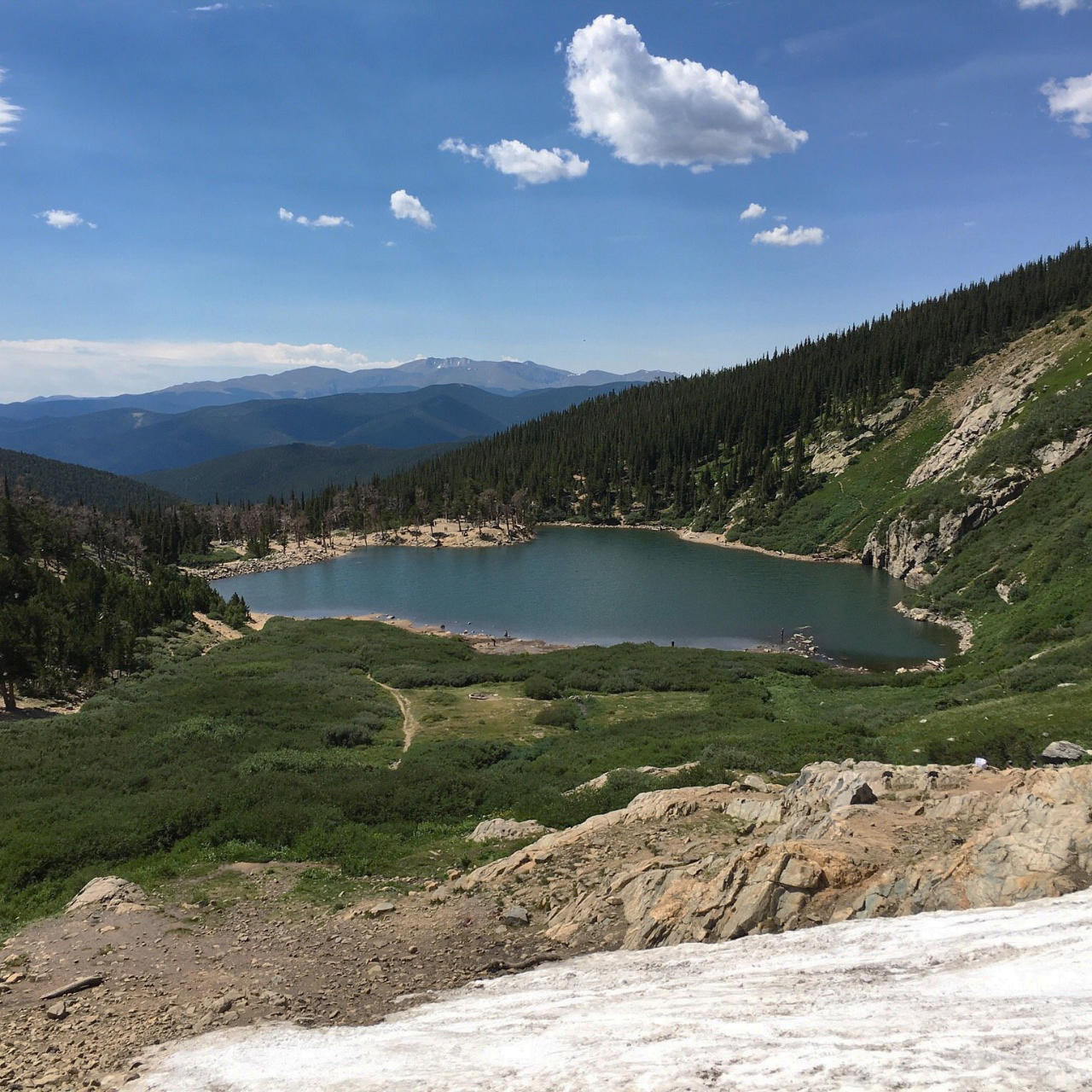
Idaho Springs
Regulation: TBD
5.8 -

Idledale
Regulation: TBD
5.9 -

Keystone
Regulation: Allowed
4.8 -

Lakewood
Regulation: Not Allowed
5.1 -
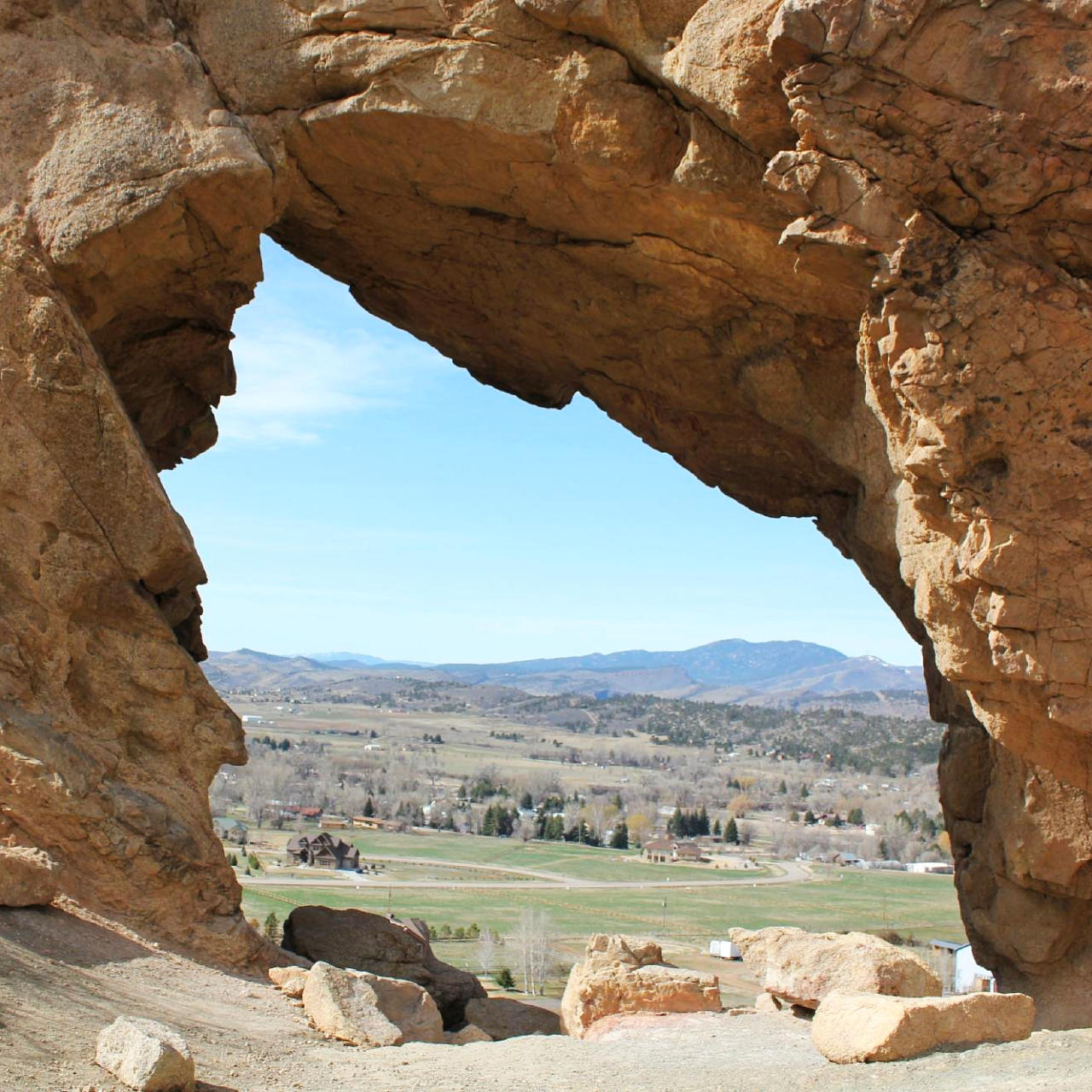
Loveland
Regulation: TBD
6.0 -
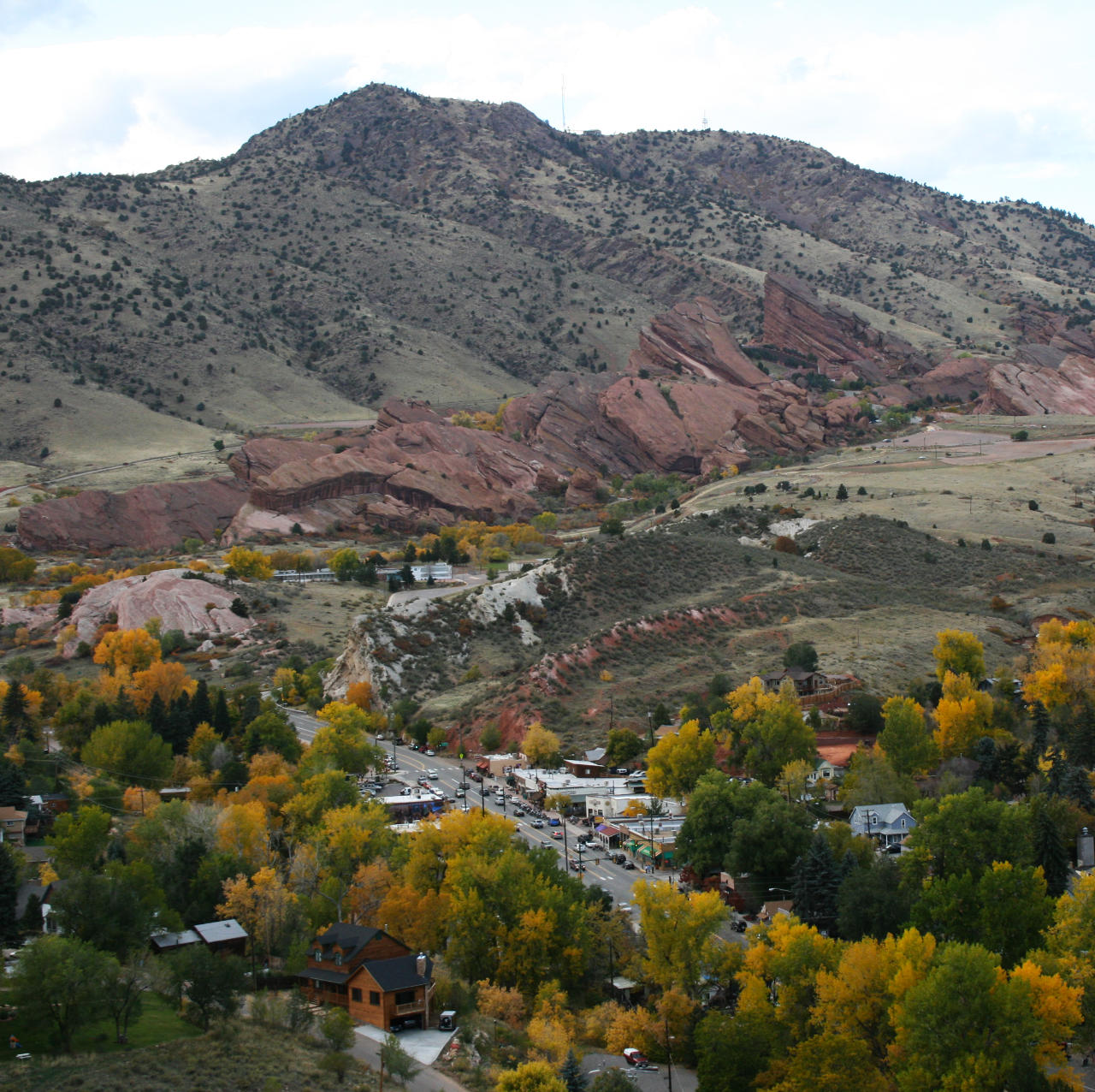
Morrison
Regulation: TBD
6.1 -
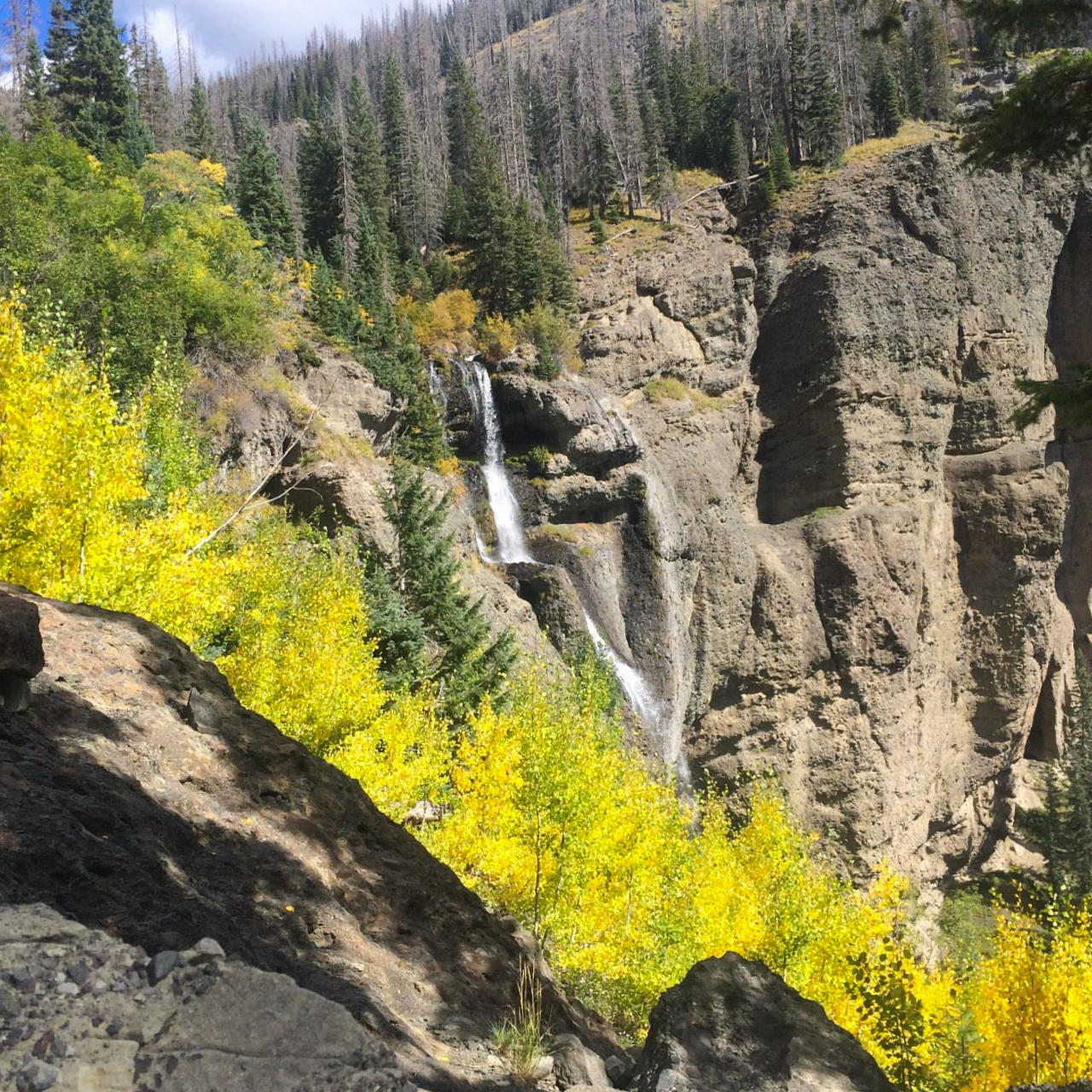
Pagosa Springs
Regulation: TBD
5.9 -

Pueblo
Regulation: Restricted
6.6 -

Silverthorne
Regulation: TBD
4.1 -
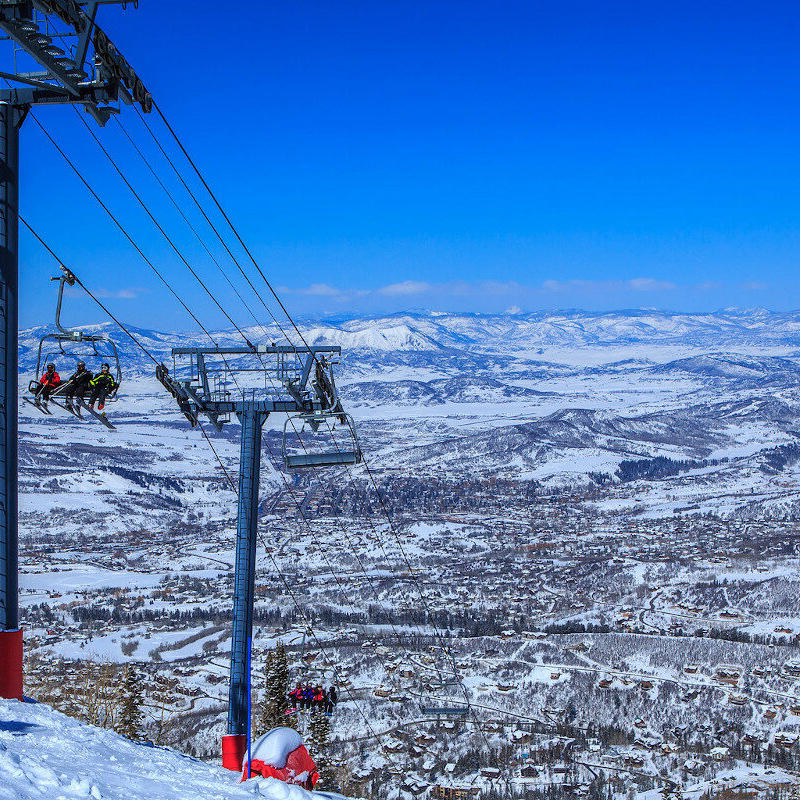
Steamboat Springs
Regulation: Allowed
5.4 -
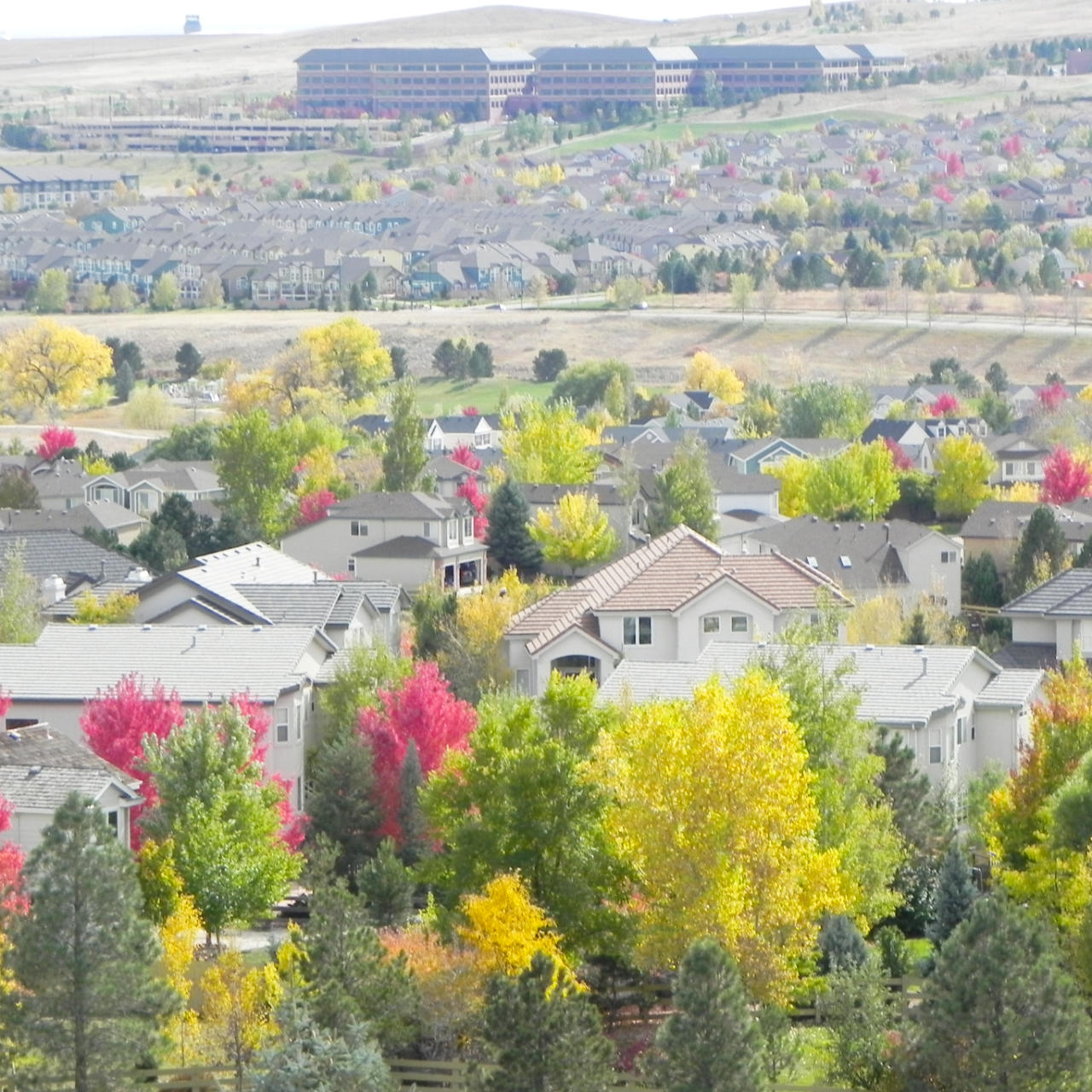
Superior
Regulation: TBD
5.6 -

Thornton
Regulation: Allowed
6.0 -
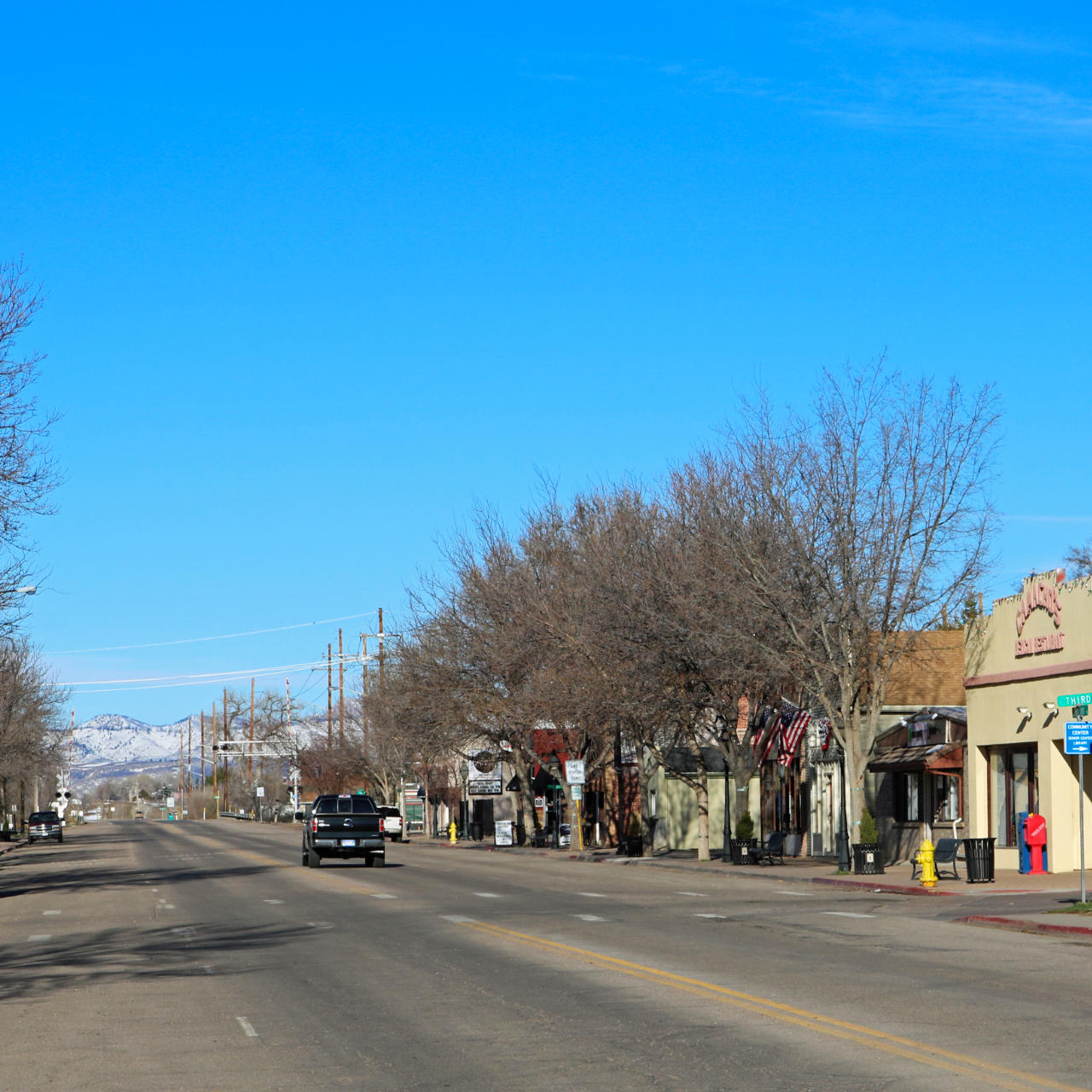
Wellington
Regulation: TBD
6.2 -
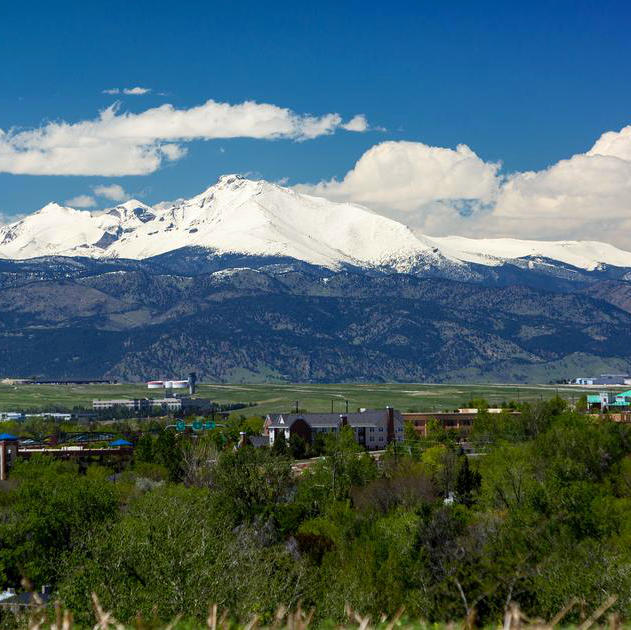
Westminster
Regulation: Allowed
5.9 -
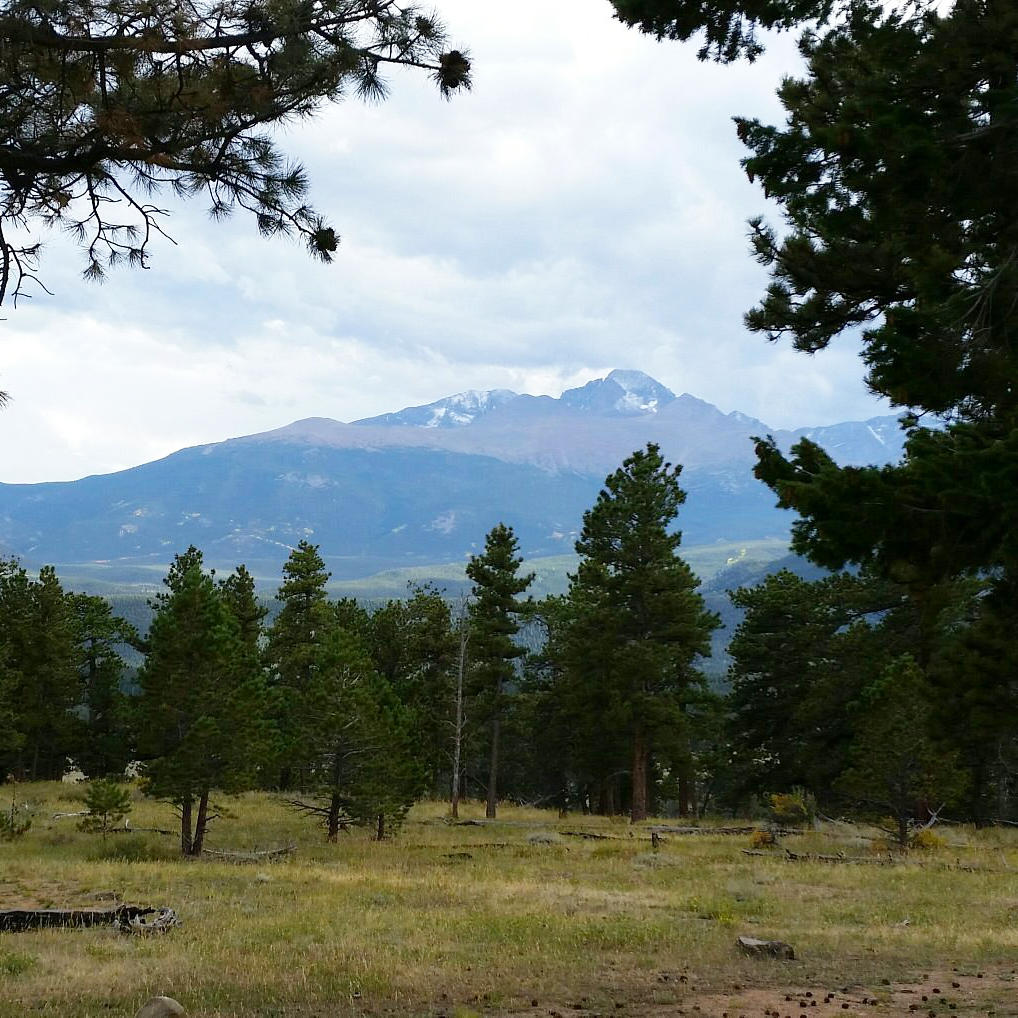
Wheat Ridge
Regulation: TBD
5.3 -
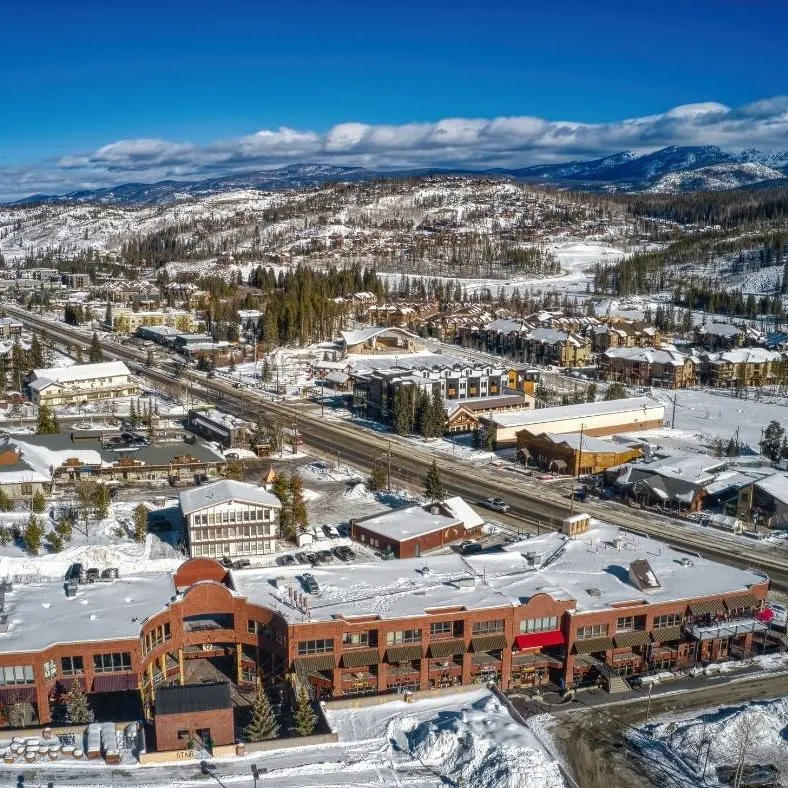
Winter Park
Regulation: TBD
4.5

